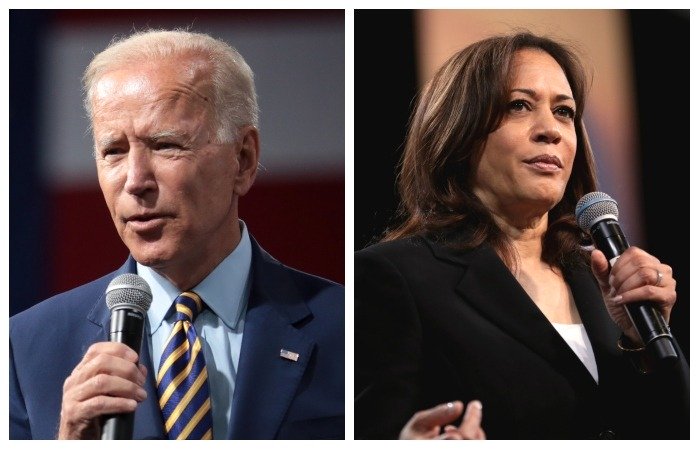The Supreme Court dealt another setback to Joe Biden’s efforts to forgive student loan debt on Wednesday by denying his administration’s request to lift a block on the Saving on a Valuable Education (SAVE) plan. The ruling leaves millions of borrowers in limbo as they await further developments on the financial relief initiative designed to encourage college graduates to vote.
The SAVE plan represents a more modest approach to student debt relief following the Supreme Court’s earlier rejection of a broader proposal to cancel over $400 billion in loans. Biden’s efforts have faced ongoing legal challenges, especially from GOP-led states and from the nation’s highest court, all of whom have said he does not have the constitutional authority to grant hundreds of billions of dollars in student loan relief.
A federal appeals court in Missouri recently blocked the entire SAVE program while litigation proceeds in lower courts. In response, the Biden administration, via the Department of Justice, sought emergency relief from the Supreme Court. Justice Brett Kavanaugh, who oversees cases from Missouri, handled the request. Millions of borrowers enrolled in the SAVE plan, which adjusts monthly payments based on household size and earnings, are left uncertain about their financial future. However, the ongoing legal battles cast doubt on the Biden administration’s ability to fulfill its promises of debt relief. The Supreme Court’s order indicated that the justices anticipate a U.S. court of appeals will provide its own ruling on the issue.
Biden introduced the SAVE plan following the Supreme Court’s rejection of his broader student loan forgiveness proposal. The White House has promoted SAVE as a substantial relief measure, asserting it could reduce monthly payments to zero for some borrowers, cut costs by half for others, and save those making payments at least $1,000 annually. Moreover, borrowers with an original balance of $12,000 or less could have their remaining debt forgiven after just 10 years of payments. Republicans have argued that the plan amounts to Democrat vote-buying.
The $276 billion plan was a key promise of Biden’s 2020 campaign to progressive voters and is now facing uncertainty. As the two legal challenges proceed through the courts, the future of this expensive initiative hangs in the balance. The White House’s attempts to advance the plan have encountered numerous obstacles, raising doubts about its ultimate success.
Earlier this month, the high court ruled 5-4 to deny an emergency request from the Biden administration to enforce new Title IX guidelines that would have introduced additional benefits for transgender students. If granted, the request would have permitted biological men to use women’s bathrooms, locker rooms, and dorms in 10 states where such access is currently banned by state lawmakers. The Biden administration announced these broad changes in April, asserting that Title IX’s prohibition of “sex” discrimination in schools includes discrimination based on gender identity, sexual orientation, and “pregnancy or related conditions.”
After the law took effect on August 1, over two dozen Republican attorneys general sued the administration, arguing that it would clash with state laws banning biological men from competing in women’s sports. The Biden administration contended that the new ruling would not impact athletics, but experts have provided evidence suggesting otherwise.
“On this limited record and in its emergency applications, the Government has not provided this Court a sufficient basis to disturb the lower courts’ interim conclusions that the three provisions found likely to be unlawful are intertwined with and affect other provisions of the rule,” the ruling said. Conservative Justice Neil Gorsuch joined his ideologically aligned colleagues in dissent and agreed with the court’s three liberal justices, arguing that the lower court rulings on the matter were too broad.
Earlier this week, 102 female athletes petitioned the Supreme Court to review a challenge to state laws banning biological men from competing in women’s sports. The petitioners cited biological strength differences that they argue make fair competition unachievable. “A growing number of women and girls have been facing the humiliating and damaging experience of being forced to compete against males who identify as transgender in the women’s sports category,” says the filing, per the Washington Times. “It is hard to express the pain, humiliation, frustration and shame women experience when they are forced to compete against males in sport. It is public shaming and suffering, an exclusion from women’s own category.”



